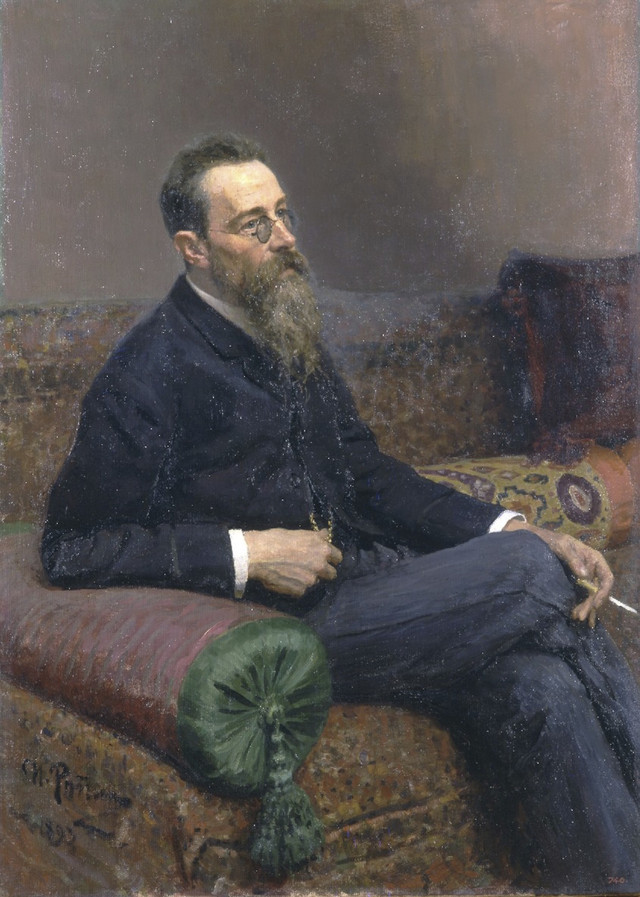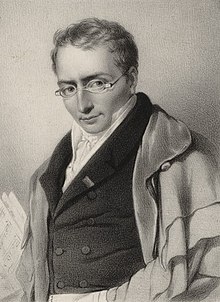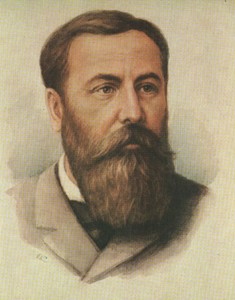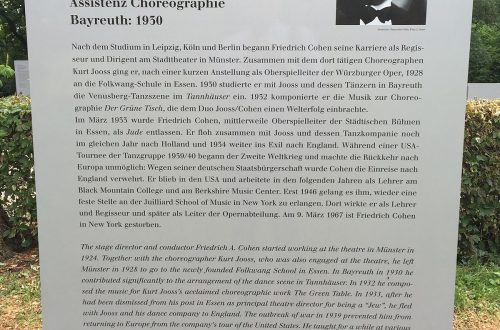
Vasily Alekseevich Pashkevich |
Vasily Pashkevich
It is known to the entire enlightened world how useful and, moreover, funny theatrical compositions … This is a mirror in which everyone can clearly see themselves … vices, not so respected, are forever presented at the theater for moralizing and our correction. Dramatic Dictionary 1787
The 1756th century is considered to be the era of the theatre, but even against the backdrop of a craze for performances of various genres and types, the nationwide love for Russian comic opera, born in the last third of the century, surprises with its strength and constancy. The most acute, painful issues of our time – serfdom, worship of foreigners, merchant arbitrariness, the eternal vices of mankind – avarice, greed, good-natured humor and caustic satire – such is the range of possibilities mastered already in the first domestic comic operas. Among the creators of this genre, an important place belongs to V. Pashkevich, a composer, violinist, conductor, singer and teacher. His versatile activity left a significant mark on Russian music. Nevertheless, we know very little about the composer’s life to this day. Almost nothing is known about his origins and early years. According to the instructions of the music historian N. Findeisen, it is generally accepted that in 1763 Pashkevich entered the court service. It is authentically known that in 1773 the young musician was a violinist in the court “ball” orchestra. In 74-XNUMX. Pashkevich taught singing at the Academy of Arts, and later at the Court Singing Chapel. He treated his studies responsibly, which was noted in the description of the musician by the inspector of the Academy: “… Mr. Pashkevich, a singing teacher … performed his duties well and did everything possible to contribute to the success of his students …” But the main field in which the artist’s talent unfolded was – This is a theatre.
In 1779-83. Pashkevich collaborated with the Free Russian Theatre, K. Knipper. For this collective, in collaboration with the outstanding playwrights Y. Knyazhnin and M. Matinsky, the composer created his best comic operas. In 1783, Pashkevich became a court chamber musician, then a “chapel master of ballroom music”, a violinist-renegitator in the family of Catherine II. During this period, the composer was already an authoritative musician who won wide recognition and even received the rank of collegiate assessor. At the turn of the 3s and 80s. Pashkevich’s new works for the theater appeared – operas based on the texts of Catherine II: due to a dependent position at the court, the musician was forced to voice the empress’s little artistic and pseudo-folk writings. After the death of Catherine, the composer was immediately dismissed without a pension and died soon after.
The main part of the musician’s creative heritage is operas, although recently choral compositions created for the Court Singing Chapel – Mass and 5 concerts for a four-part choir have also become known. However, such an expansion of the genre range does not change the essence: Pashkevich is primarily a theatrical composer, a surprisingly sensitive and skillful master of effective dramatic solutions. 2 types of theatrical works of Pashkevich are very clearly distinguished: on the one hand, these are comic operas of a democratic orientation, on the other hand, works for the court theater (“Fevey” – 1786, “Fedul with Children” – 1791, together with V. Martin-i-Soler ; music for the performance “Oleg’s Initial Management” – 1790, together with C. Canobbio and J. Sarti). Due to the dramatic absurdities of the libretto, these opuses turned out to be unviable, although they contain many musical finds and separate bright scenes. Performances at the court were distinguished by unprecedented luxury. A amazed contemporary wrote about the Fevey opera: “I have never seen a spectacle more diverse and more magnificent, there were over five hundred people on the stage! However, in the auditorium … all of us together there were less than fifty spectators: the empress is so intractable with regard to access to her Hermitage. It is clear that these operas did not leave a noticeable mark in the history of Russian music. A different fate awaited 4 comic operas – “Misfortune from the Carriage” (1779, lib. Y. Knyazhnina), “The Miser” (c. 1780, lib. Y. Knyazhnin after J. B. Molière), “Tunisian Pasha” (music. not preserved, libre by M. Matinsky), “As you live, so you will be known, or the St. Petersburg Gostiny Dvor” (1st edition – 1782, score not preserved, 2nd edition – 1792, libre. M. Matinsky). Despite significant plot and genre differences, all the composer’s comic operas are marked by the unity of accusatory orientation. They satirically represent the manners and customs that were criticized by the leading Russian writers of the XNUMXth century. The poet and playwright A. Sumarokov wrote:
Imagine a soulless clerk in the order, A judge that does not understand that written in the decree Show me a dandy who lifts his nose What the whole century thinks about hair beauty. Show me proud bloated like a frog The miser that is ready in a noose for a half.
The composer transferred the gallery of such faces to the theatrical stage, happily transforming the ugly phenomena of life into a world of wonderful and vivid artistic images with the power of music. Laughing at what is worthy of ridicule, the listener at the same time admires the harmony of the musical stage whole.
The composer was able to express the unique features of a person by means of music, to convey the development of feelings, the subtlest movements of the soul. His comic operas attract with dramatic integrity and stage credibility of every detail, any musical device. They reflected the composer’s inherent brilliant mastery of orchestral and vocal writing, fine motive work, and thoughtful instrumentation. The veracity of the socio-psychological characteristics of the heroes, sensitively embodied in music, secured for Pashkevich the glory of the Dargomyzhsky XVIII century. His art rightfully belongs to the highest examples of Russian culture of the era of classicism.
N. Zabolotnaya





